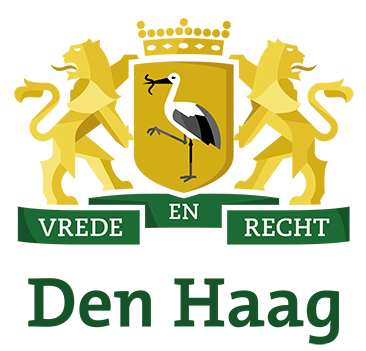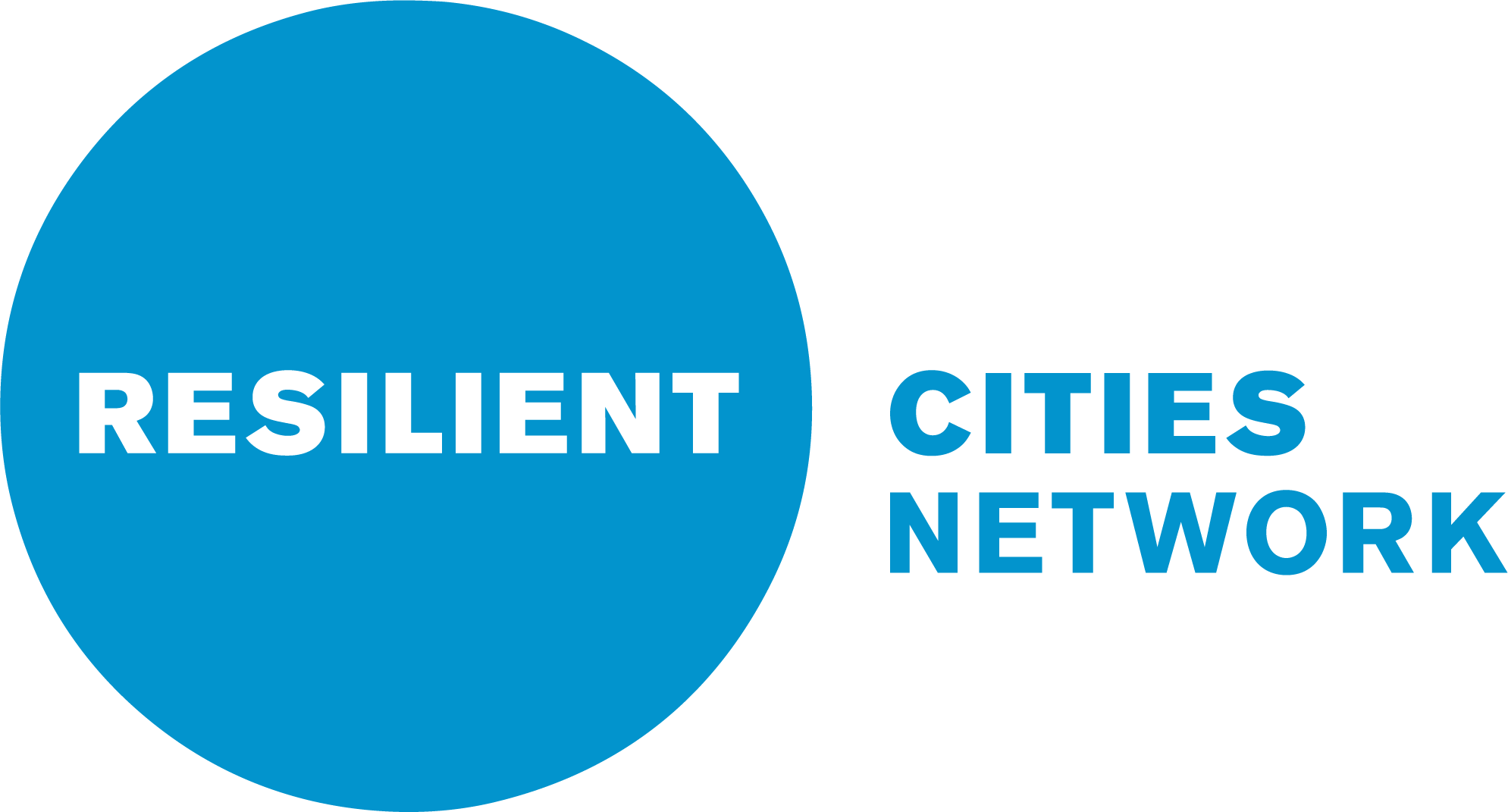
This initiative is about using this proposed project as a lever to establish an integrated vision for a resilient Southwest.
The Hague Southwest (Zuidwest) is a large district (population of about 70,000; comparable to the municipality of Gouda) with a range of urgent socioeconomic challenges. This includes poverty, debts due to long-term unemployment, polarisation, growing numbers of disadvantaged young people, and low social cohesion. Many residents report feeling unsafe in their own neighbourhood and almost half of people are struggling to make ends meet.
Significant investments in physical infrastructure – including housing, public space and public transport – will also be needed in the area in the next 10 years. Ageing, outdated social housing comprises 65% of housing stock in the area; upgrades are needed to bring more differentiation and improve quality of life.
An ambitious and integrated approach is urgently needed to counter the downward spiral in Southwest. This is explicitly supported by the coalition agreement 2018- 2022 and the National Government that will support the Regional Deal for Southwest that will improve schooling, safety, work and prosperity in Southwest.
The City of The Hague is exploring the construction of a fast public transport connection from The Hague Central Station to The Hague Southwest. As the project is still in an exploratory phase, it presents an unrivalled opportunity to demonstrate how major transportation projects – when developed with a resilience approach (see page 34) – are about so much more than getting people from point A to point B. In Southwest, we believe this investment can be a catalyst for improvement against a range of stresses, such as limited access to private investment and employment opportunities. Improvement of accessibility of Southwest will also improve the attractiveness for high and middle income households.
Construction of this new corridor with a stop in Southwest District presents set of challenges that can be informed by past and ongoing major transportation projects: how can we build transportation infrastructure that maximises the benefit to those who need it most, minimises harm to the environment, is robust to the future stresses and shocks, and most of all, sets a framework for sustainable, equitable and resilient growth for our cities?
To improve our knowledge on the way transportation projects are conceived, planned, implemented, used and monitored, The Hague applied successfully to 100RC and Columbia University to host a Resilience Accelerator in Southwest. Accelerators involve workshops and input from world-class researchers to integrate resilience thinking into projects. It gives us an opportunity to more effectively plan transportation infrastructure that learns from past mistakes, anticipates on future trends, builds a coalition across fields, and brings multiple benefits to its residents.The Accelerator has so far drawn attention towards the importance of community participation in the process of becoming a Resilient Southwest. Building from the preliminary results, we will draw upon case studies to assess which participatory approach is most likely to work in South West.
Lead:
Municipality of The Hague, DPZ, OCW, SZW, DSB, DSO, BSD, RTH, Columbia University
Partners:
Neighbourhood residents; all Region Deal partners; Ministry of Agriculture, Nature and Food Quality; HHS; STIPO –placemaking; 100RC; Rockefeller Foundation.
When and how?
- The Hague was selected by 100 Resilient Cities and Columbia University to host a Resilience Accelerator in Southwest.
- In September 2018, the Resilient Southwest Programme Team organised a workshop with Columbia University, followed by a community dinner in November 2018 with citizens of Southwest as part of the Resilient Accelerator.
- In the first half of 2019, the regional deal implementation will kick off, and Columbia University will present the findings of case study research.
- In the second half of 2019, the Resilient Southwest Programme Team will begin to integrate findings from research and community participation into a vision for a more resilient Southwest.

